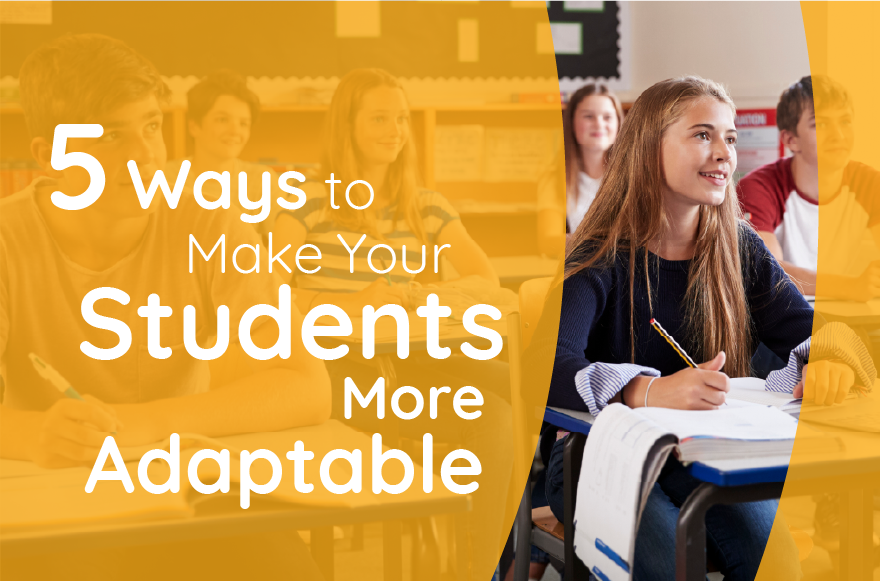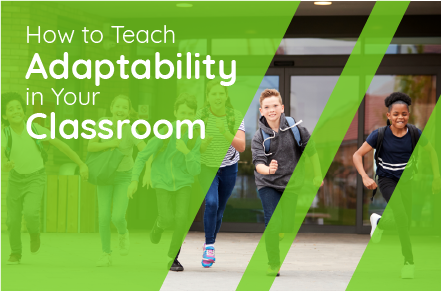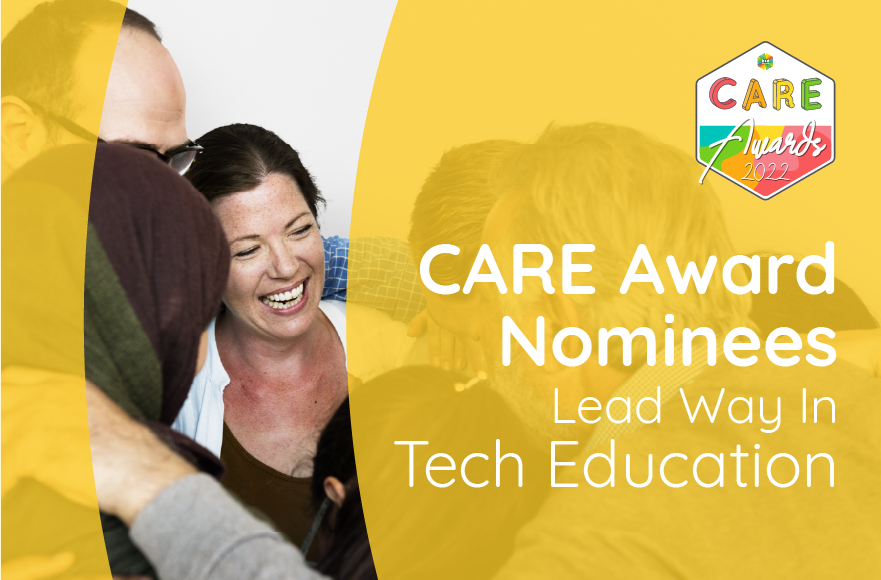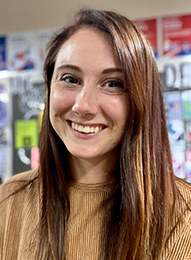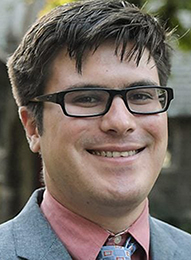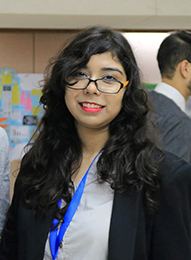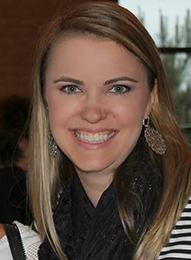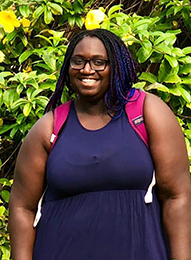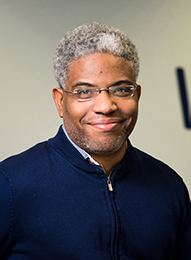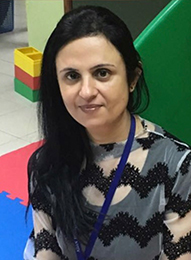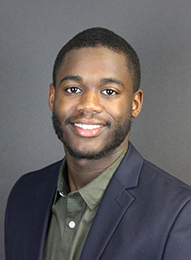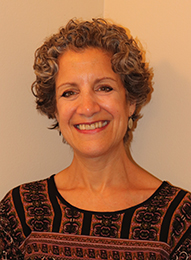Are you a new teacher looking for ideas to teach technology in your classroom? Then, you’ve come to the right place! This blog post will discuss five ideas you can use now. These ideas are fun and engaging and will help your students learn about technology in a new and exciting way.
Focus on Interdisciplinary Learning
While the traditional education system focuses on teaching students in separate subject areas, an interdisciplinary approach takes a more holistic view. This method emphasizes the connections between different disciplines and how they can be used to solve real-world problems. For example, a student might learn about biology, chemistry, and physics to understand how to develop new medical treatments. Or a student might study economics, psychology, and sociology to better understand human behavior. By taking an interdisciplinary approach, students can develop a deeper understanding of their world. In addition, they can learn to think creatively and to see problems from multiple perspectives. As a result, interdisciplinary learning can play a key role in preparing students for success in the 21st century.
Teach Resilience
Teaching resilience has been shown to positively affect students’ ability to adapt to different situations. Resilience is the ability to recover from or adjust easily to misfortune or change. It is a key life skill that can be taught to students of all ages. Teaching resilience to students has many benefits, including better academic performance, improved social skills, and increased psychological well-being.
It can also help students cope with stress, overcome challenges, and make successful life transitions. There are several ways to teach resilience, such as using positive reinforcement, teaching problem-solving skills, and providing support and encouragement. By teaching resilience, we can help students to be more adaptable and successful in whatever life throws their way.
Promote Self-Regulation
As any teacher knows, student adaptation is key to a successful learning experience. Not only do students need to be able to adapt to new material, but they also need to be able to adapt to different classroom environments and situations. One way to promote student adaptation is to promote self-regulation.
Self-regulated learners can monitor their own emotions and behavior, and they are better able to cope with stress and adversity. In addition, self-regulated learners are more flexible and adaptable, meaning they can better adjust to classroom changes. As a result, promoting self-regulation can help students become more adaptable and successful in the classroom.
Dispel the Fear of Failure
One of the best things educators can do for their students is to dispel the fear of failure. In a world where success is often measured by numbers and test scores, it’s easy to forget that mistakes are an essential part of learning. When students are afraid to make mistakes, they become less willing to take risks and try new things.
As a result, they miss out on valuable opportunities to learn and grow. Instead of viewing failure as a sign of personal inadequacy, educators should help students see it as a natural part of the learning process. When students are more willing to embrace failure, they become more adaptable and innovative thinkers. In the end, this leads to better outcomes for everyone involved.
Encourage Continuous Learning
The ability to learn new things quickly and effectively is a skill that will serve them well throughout their lives. There are many ways to encourage continuous learning, but one of the most important is to provide practice opportunities. Encouraging students to take on new challenges and then giving them time to reflect on their experiences will help them to develop the skills they need to be successful lifelong learners. We must also model continuous learning for our students by continuing to learn ourselves.
When we show our students that learning is a lifelong process, we encourage them to view it as an exciting journey rather than a chore. By encouraging continuous learning in our students, we give them the tools they need to thrive in an ever-changing world.
Your students will be engaged and excited to learn, and you will be able to keep up with the latest technology. So, what are you waiting for? Start using these ideas in your classroom today!

